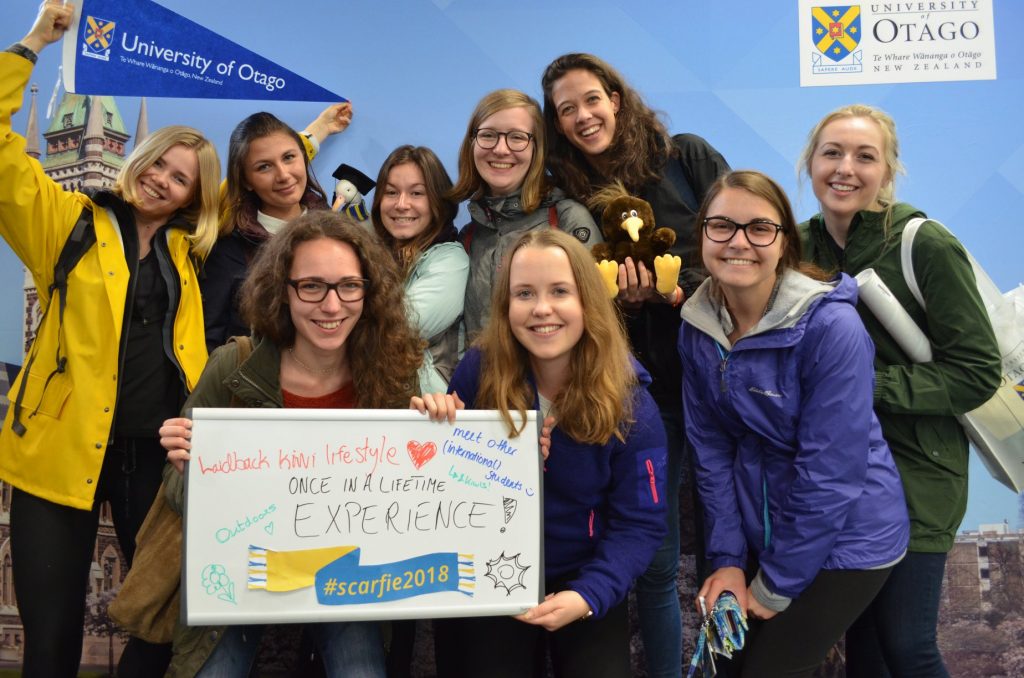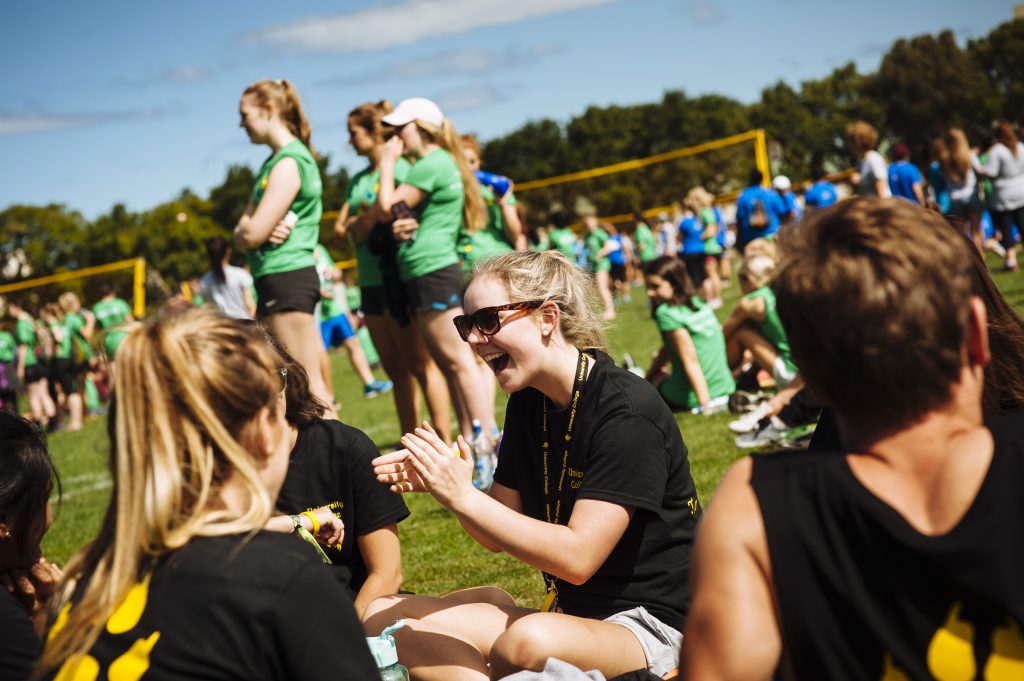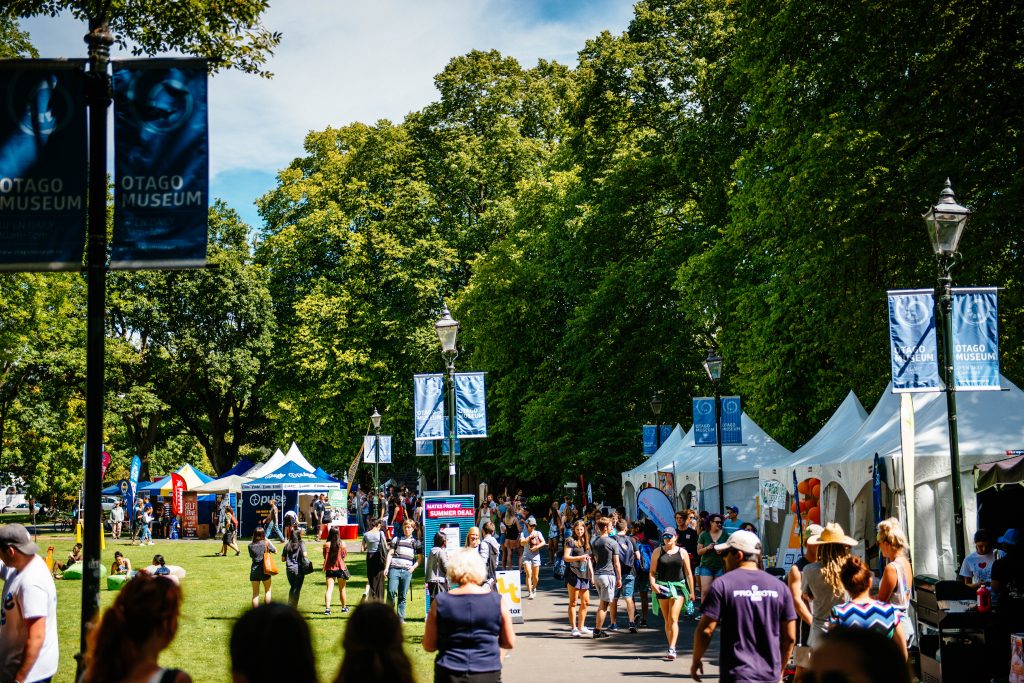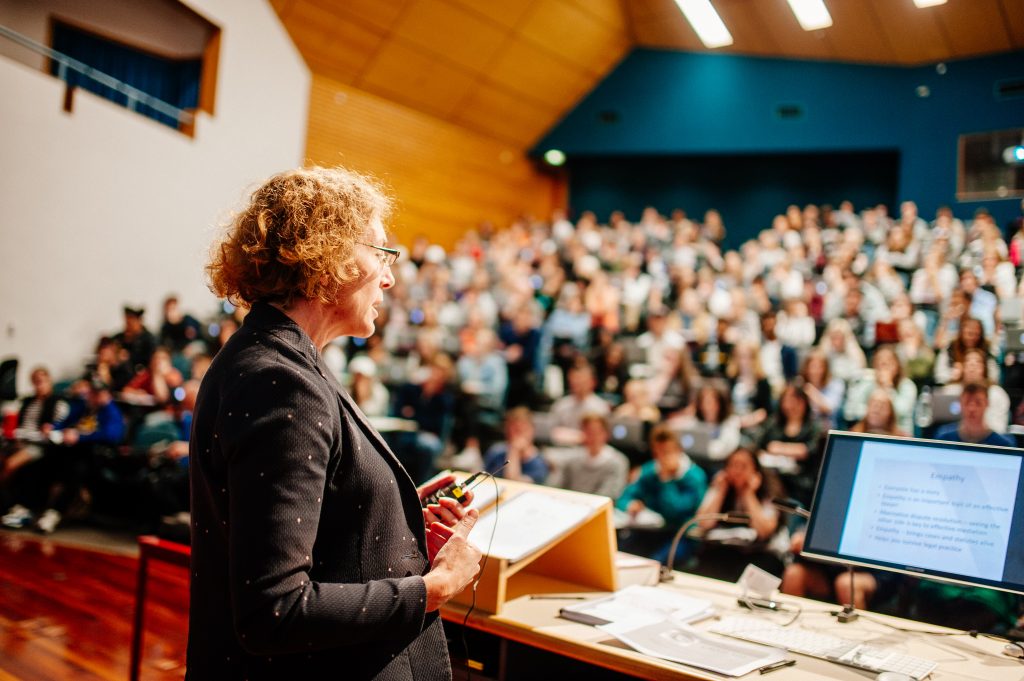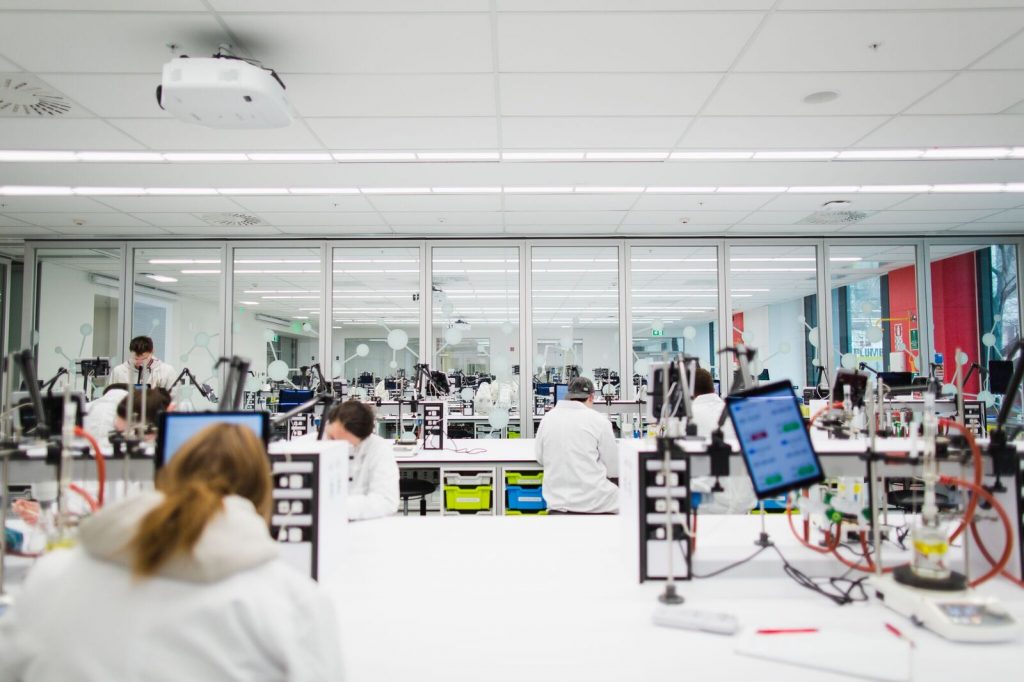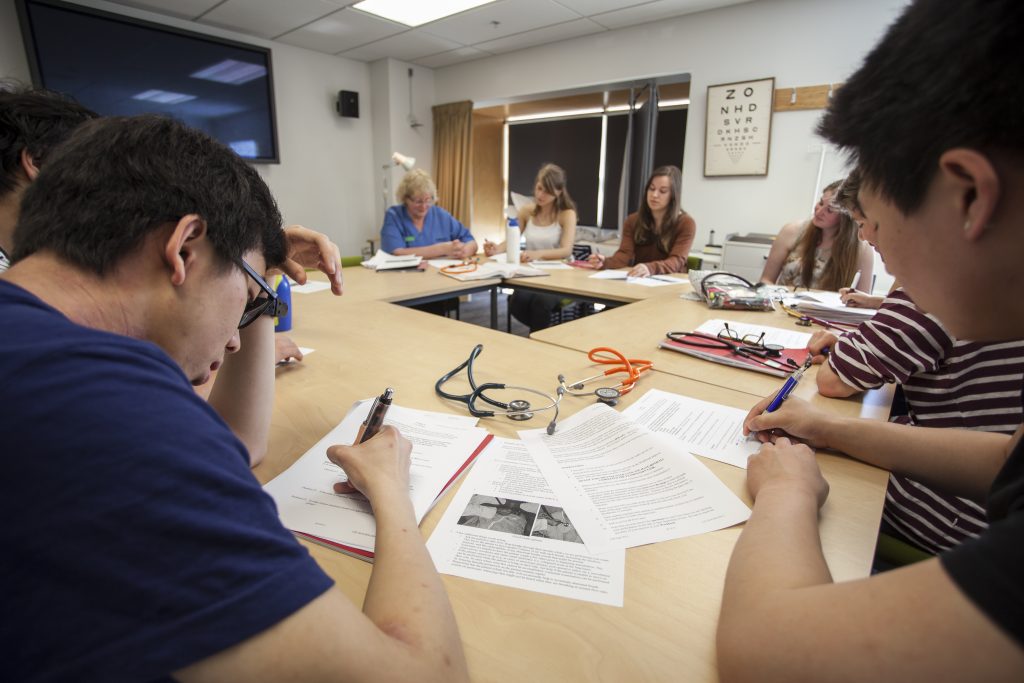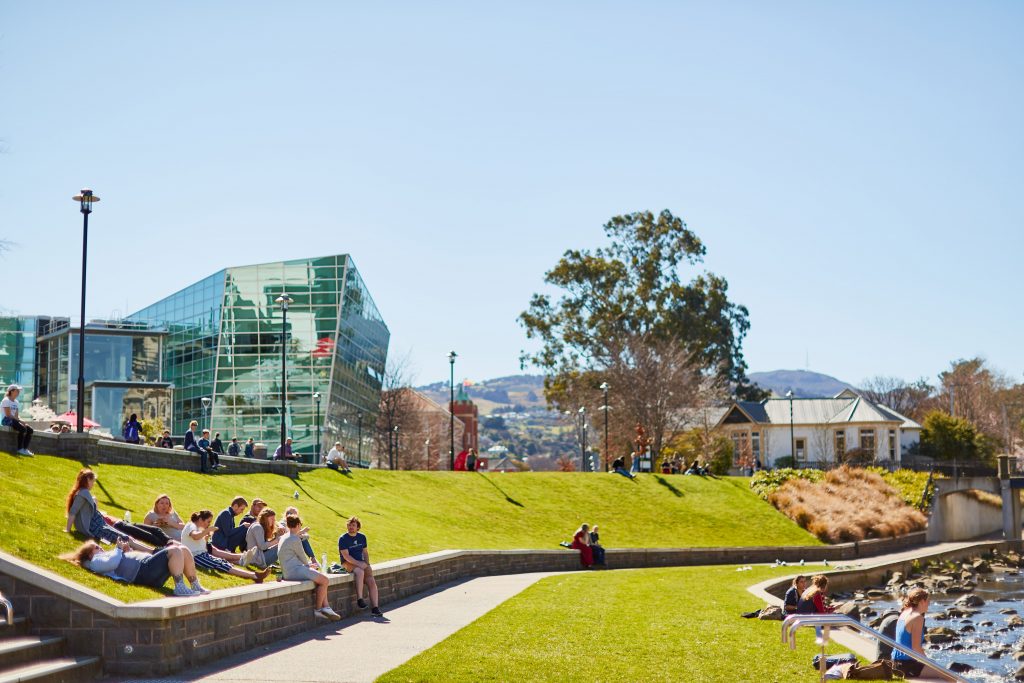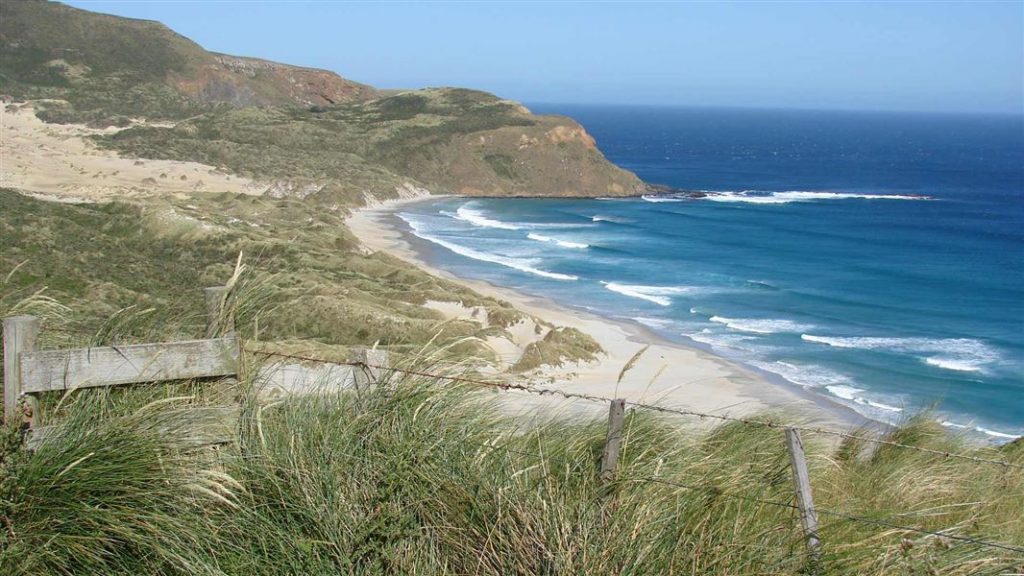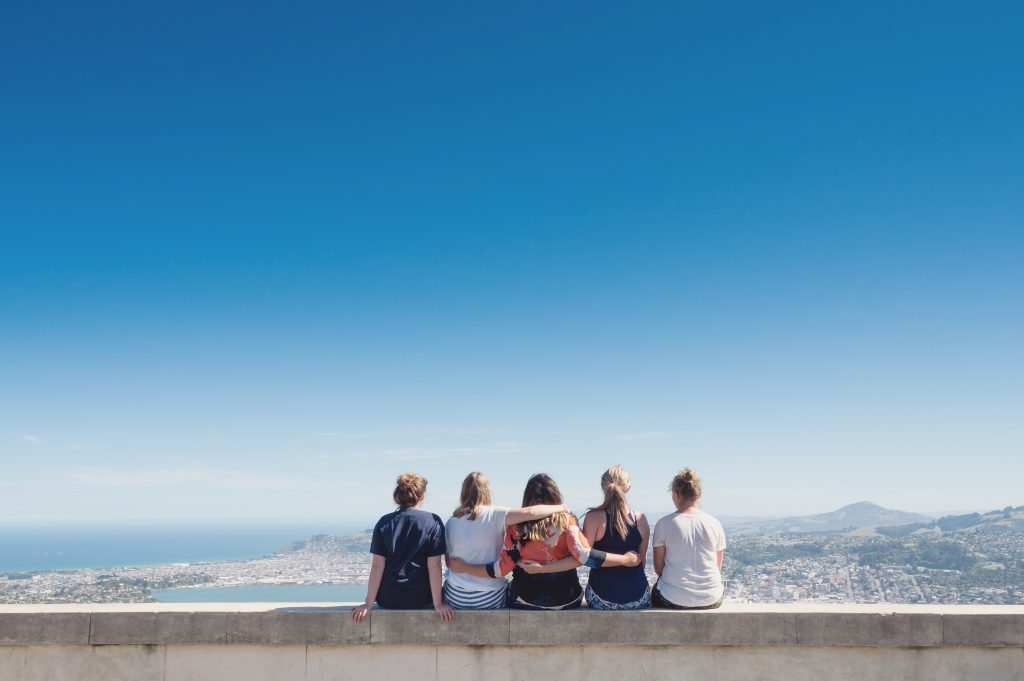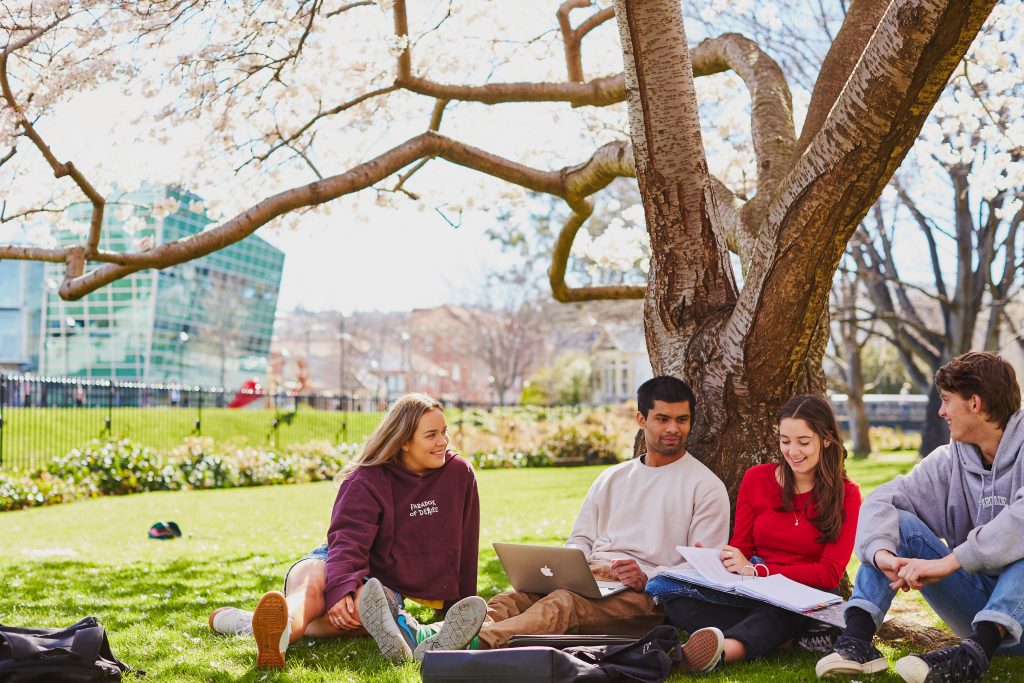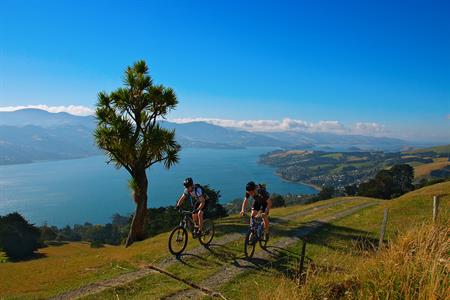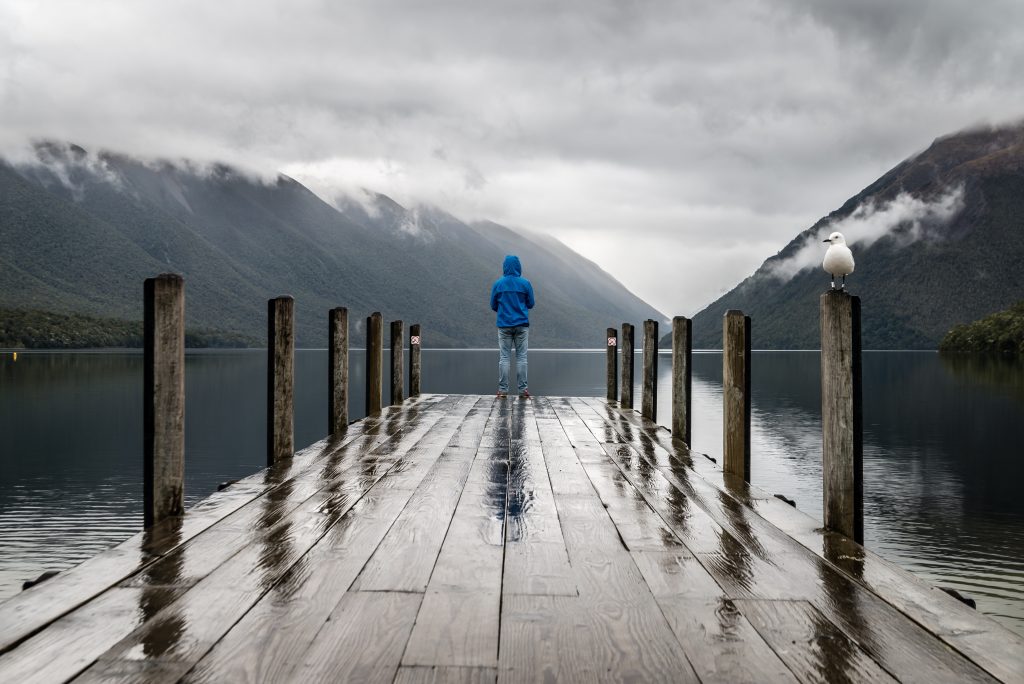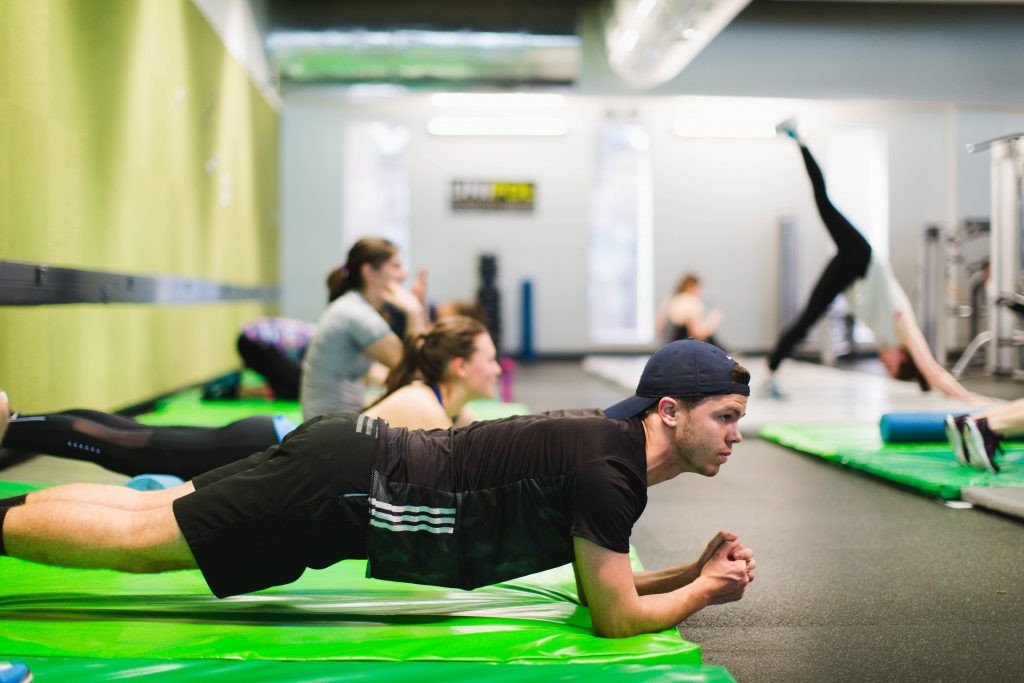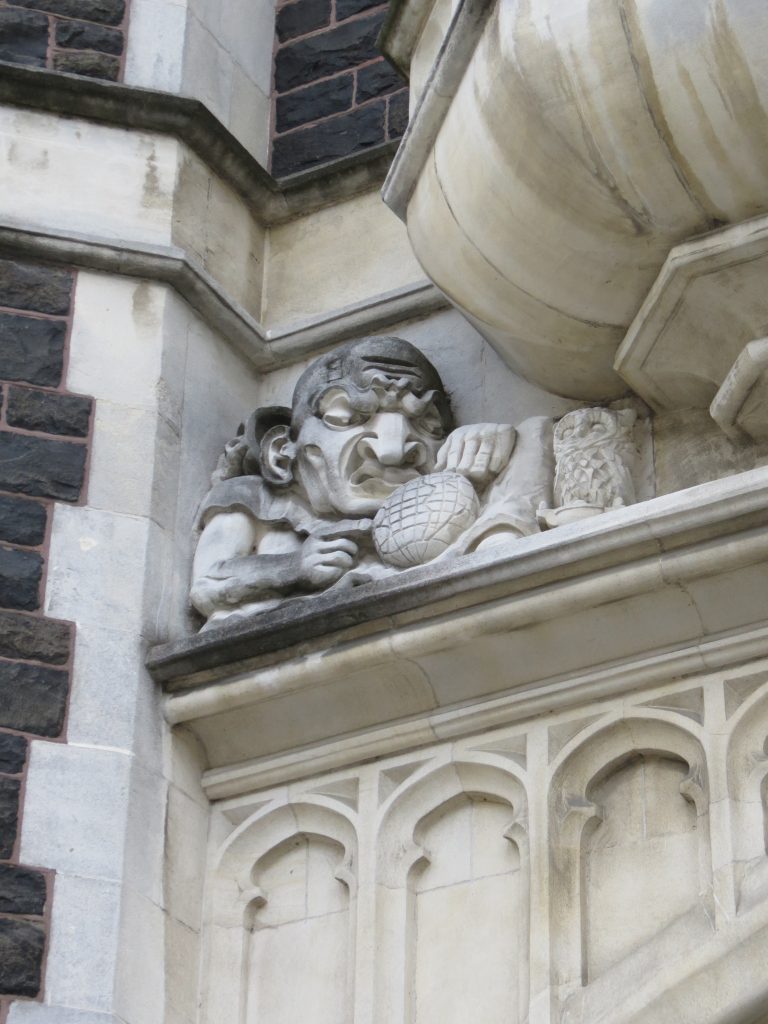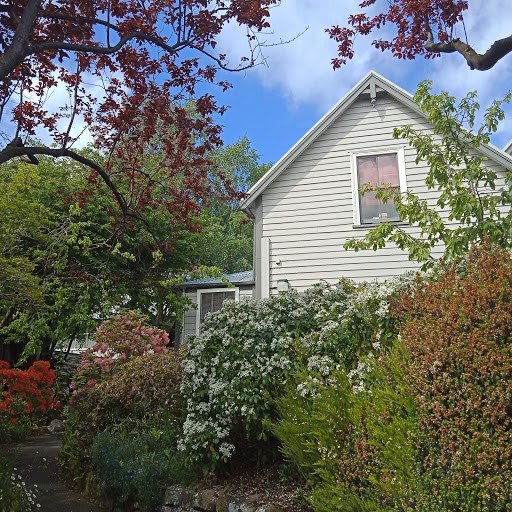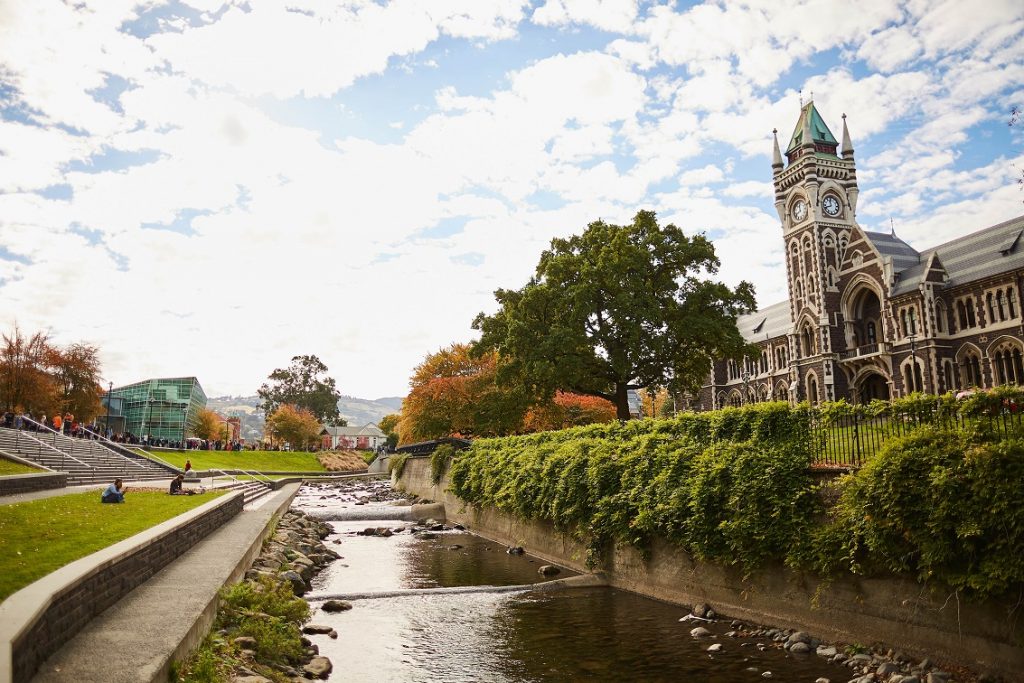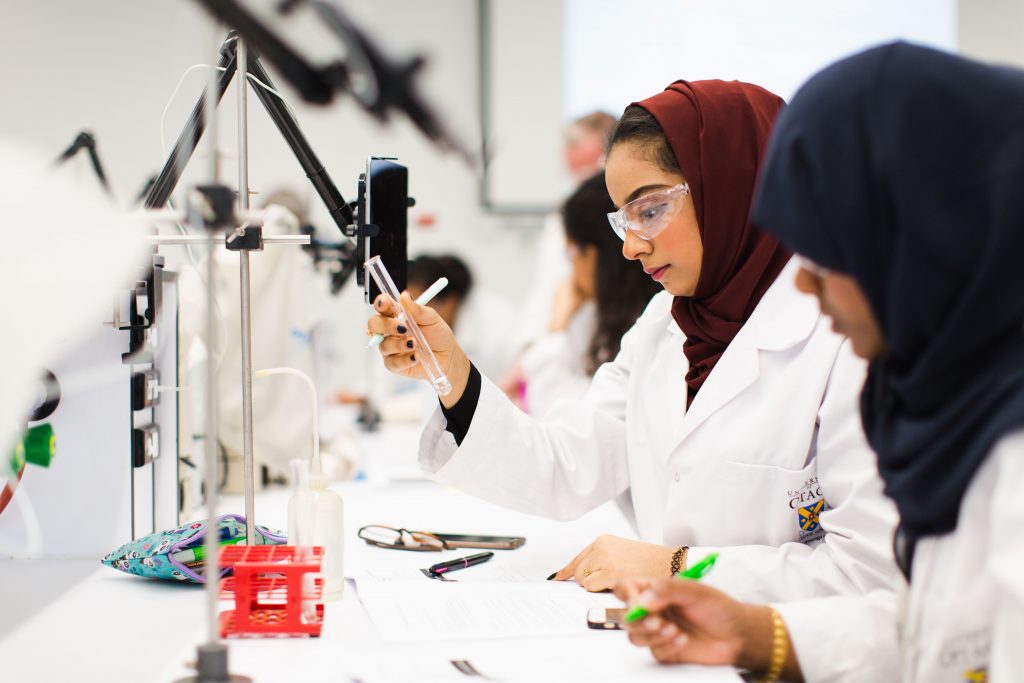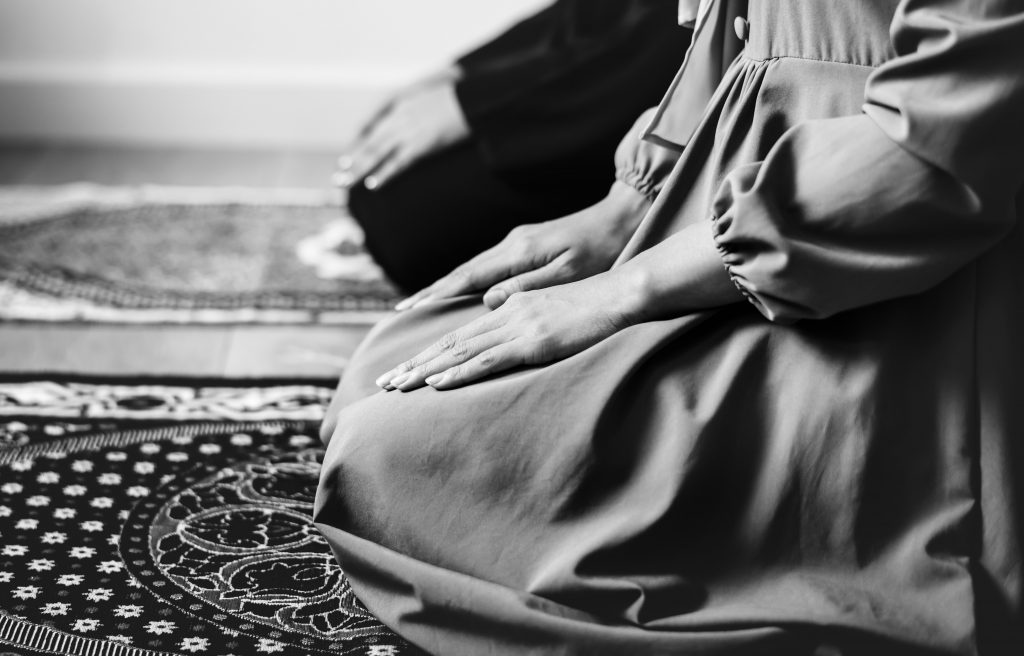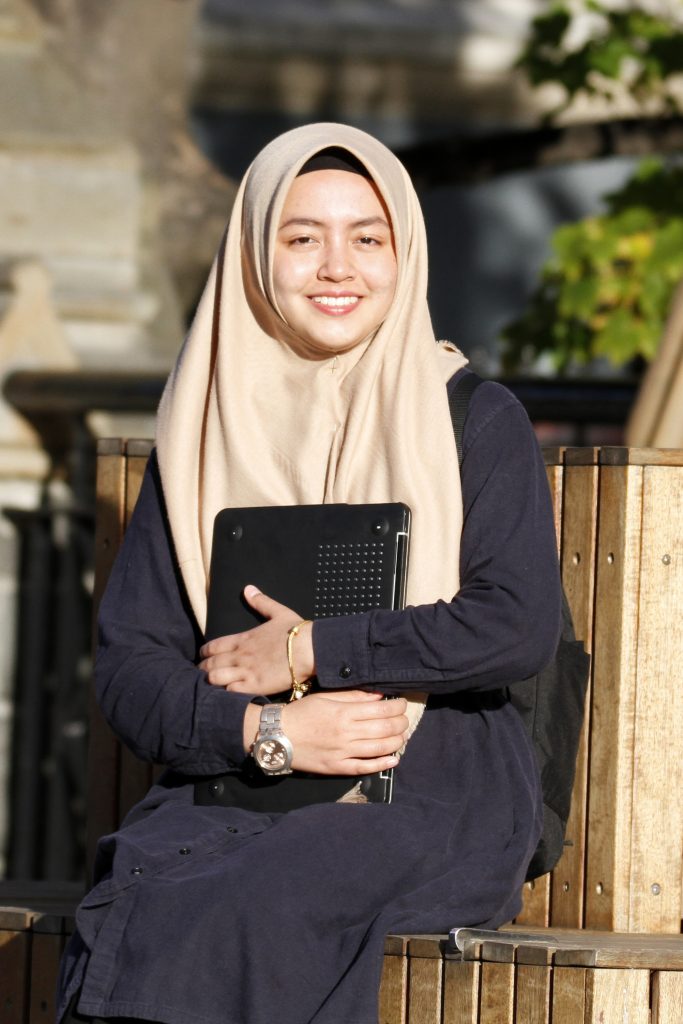Orientation at Otago – a snapshot!
Whether you are a new or returning student one thing you all have in common is the chance to be involved in the celebrations, events and information sessions that make up the University of Otago Orientation Week! From attending the Convocation Ceremony – the official and formal welcome to all first year students, to making the most of the star-studded line up of performances, there are plenty of opportunities for you to immerse yourself into the Otago culture and surroundings and along the way meet some like minded people.
Student Village and Tent City
This year we are running a Student Village on campus alongside Tent City in the Museum Reserve from Monday the 17th February through until Wednesday the 19th.
Find out about all the services, support and other opportunities offered by the University including:
- Campus Watch
- Career Development Centre
- Chaplains
- Disability Information and Support
- International Office
- Locals Programme
- Māori Centre
- OUSA Student Support Centre
- Pacific Islands Centre
- Student Health
- Student Learning Development
- Te Where Tāwharau
- Unipol and Recreation Services
- Social Impact Studio – change you, change your world
Staff from StudyLink will also be in attendance.
University Collegiate Sports Day
During orientation week first-year students from residential colleges, Uni Flats, and the Locals programme meet en masse in a collegiate sports day, complete with chants, flags and uniform t-shirts, to participate in a fun-filled afternoon of social sport.
This is the chance to cement newly formed friendships and get involved in some healthy competition. Sports include touch, netball, soccer and volleyball.
Need some tips on how to succeed at Otago?
Along with course advice available throughout the week, there are also other information sessions aimed at helping you understand what university academic standards and expectations are, and how you can succeed! Including sessions on how to transition into university successfully, points for international students on how to succeed academically at Otago, and if you are an international student don’t miss our official welcome and lunch, on Wednesday the 19th February, the food and the kapa-haka performance are always a hit! Plus we are always on the look out for student stories and if you’re interested in sharing your story, being an ambassador for Otago, or featuring on the cover of one of our international publications, come and see the International Office booth at the expo and talk to us!
OUSA Clubs Day
OUSA has a crazy amount of opportunites for you to try something new, meet new people or perhaps get together with students who have also come here to study from your home country. With over 160 affiliated clubs and societies on campus you really can’t complain about a lack of options. Head to Clubs Day on Thursday 20th February to find your fit!
Looking to be entertained?
If you’re looking for pure adrenaline, big crowds and fun, there are a variety of events to choose from, including performances from big name DJ’s and bands (the image above was taken at last year’s orientation) at the Forsyth Barr Stadium, NZ’s only covered stadium, and just a 5 minute walk from campus. And as the picture below shows you, yes, the famous Toga Party still lives on. And if you’re a lover of food, don’t miss the International Food Festival on Saturday the 22nd of February, a huge array of delectable delights from around the world are on offer for you to try.
So, what’s our advice to you? Get involved, try something new, literally be like a sponge and soak it all up. There are so many choices for recreation, new experiences, study advice and general help available to you, and we like to think we are a friendly bunch of people so always ask if you’re unsure! Enjoy this special time in your life, as the text in the photo at the top of the blog says it’s a “once in a lifetime experience.”
Nicky Richardson is an International Marketing Coordinator at the University of Otago.
How will I learn at Otago?
If you are a new student to the University of Otago you will no doubt have a lot of questions……..and sometimes asking questions is challenging…..so, we are going to try to explain a few things here on our blog, like how do you learn at Otago? It might seem like a silly question, but trust us, no question is ever silly, and we have received a multitude of feedback from international students that suggests our teaching and learning style is different to other parts of the world. So, how will you learn here?
The Lecture
This will be your main source of information and knowledge for the majority of your studies. A lecturer, or a group of lecturers are assigned to teach each of the papers you are enrolled in. Lectures are held in specially designed rooms and last for 50 minutes – and the information is presented to you (as pictured) with verbal commentary following power point slides, printed material may be handed to you in class, including selected readings. Sometimes it may be tempting to miss a lecture, or two……(it is a beautiful sunny day and you’d rather be at the beach) but we urge you to not make this a habit – you’ve paid a lot of money to get this education, so be smart and take all the opportunities you can, including turning up to lectures.
The Lab
If you are studying towards a science or health science qualification, on top of lectures you will get used to spending a lot of your study time in laboratories, like the newly completed Mellor Laboratories pictured here. Here you will get the world renowned ‘hands on’ and practical learning style that we are so well known for here. This isn’t just sitting back and taking information in, this is you doing it all by yourself (with the guidance of a staff member of course!)
The tutorial
The tutorial is again something that we are really well known for – it’s a chance for more opportunity to really interact with staff and your fellow students. Tutorials, as opposed to lectures which can comprise of hundreds of students, are kept down to a smaller scale of approximately 10 students to one staff member. This gives you the chance to get one-on-one assistance, and the tutorial is also used as a way to help figure out the best way to go about an assignment, or to put you into teams to work on your skills working with others.
Self directed study
Another fact you may not know about studying at the University of Otago is that our academics believe you need to be self motivated in order to succeed. They can encourage, inspire and help, but ultimately you have to do the work. Making sure that you plan time to do the readings and to get onto the assignments ahead of the due date. Our tip? Buy a wall calendar/planner to outline all of your lectures/tutorials/labs and assignment deadline dates, it will really make life easier. It might sound a little dull, and something your parents might say, but we really do want these university years to be some of the best years of your life, so taking a little time to map things out will definitely help.
Nicky Richardson is an International Marketing Coordinator at the University of Otago. With degrees in music and marketing, she is a recent graduate of Otago herself – she loves Otago so much she ended up getting a job here!
Our University of Otago staff are nothing short of inspiring…..
When it comes to marketing the University of Otago both internationally and domestically, there are a group of individuals that make our job really easy – the academic staff. We have an exceptionally talented and hard working body of academics that are passionate about their research, education and encouraging students to ask questions, think for themselves and ultimately, hopefully contribute to making the world a better place. As part of our blog series, we are regularly going to sit down with one of our academics and ask 5 questions, so today we’re catching up with Dr Anna High, from the Law Faculty, Anna currently teaches Evidence Law and Criminal Law.
Research Expertise
What is your area of research expertise, and what is it about your particular area that motivates you?
“I have a number of research interests, but my current focus is Chinese Law. My DPhil (equivalent to our PhD) focused on the negotiated existence of unregistered orphanages and child welfare NGO’s (Non-Governmental Organisations) in China, and their interactions, as quasi-legal organisations with state actors. I’m in the final stages of preparing a book on this topic, based on my DPhil fieldwork and updated data gathered in 2017.”
How did you find your passion?
“I studied Mandarin from primary school right through to University in Australia. Being a Chinese speaker opened a lot of doors when I was at university, including great clerkship opportunities in Hong Kong, Shanghai and Beijing. By the time I was choosing my DPhil topic, I knew I wanted to study the nature and role of law in Chinese culture. The topic I chose to focus on – Chinese child welfare law – also intersects with my interest in how the law protects vulnerable populations.”
How did you end up in Dunedin?
“I’m originally from Horsham, Victoria, and attended university at the University of Queensland. My journey to Dunedin has taken me almost right around the globe – from UQ to University of Oxford, to complete the BCL, MPhil and DPhil in law as the Queensland Rhodes Scholar ’08; to the US, where I first taught at Marquette University Law School, and then at Loyola University Chicago School of Law; then finally to Dunedin. Our family felt the time was right to return down-under, and we were excited for a sea-change in a beautiful part of the world with a world-class university.”
Favourite place in Dunedin/secret insiders tip?
“My family loves Sandfly Bay, early in the morning when you get the beach to yourself. The hike from Sandy Mount down to the Bay is amazing, especially when the flowers are out, although really hard work getting back up the dunes.”
Favourite place in the world to travel to?
“Being married to an American, and having studied in China and Europe, I’ve been on some amazing holidays around the world. Places that stick out: Grand Teton National Park, Umbria, the Black Forest and Shanghai.”
What advice you would give your 20 year old self?
“Take your time figuring out what you want to be, where to go, what to study, where to travel. There’s no need to rush into a major or try to set your life’s trajectory in stone when you’re so young.”
Thanks for your time Anna, we think you’re a star, and we are lucky to have your knowledge, passion and expertise here at Otago! If you would like to find out more about studying at the University of Otago, click on the link below.
Nicky Richardson is an International Marketing Coordinator at the University of Otago. With degrees in music and marketing, she is a recent graduate of Otago herself – she loves Otago so much she ended up getting a job here!
Where can an Otago degree take you?
One thing that never ceases to amaze me in my job is the sense of loyalty and pride that the University of Otago imparts on alumni. International students who have studied at Otago and have integrated into the culture and immersed themselves in all the opportunities have an incredible passion for this university at the bottom of the world. A passion that continues long after they have left us.
An email sent to our department was forwarded my way last week from a student who graduated with a BSc (Bachelor of Science) in Chemistry in 2012. From my first glance it was clear that this student wanted to share her story, so I got in touch with Nicole Bravo Castro (nee Wurster) to find out what she had to say about her experiences at Otago.
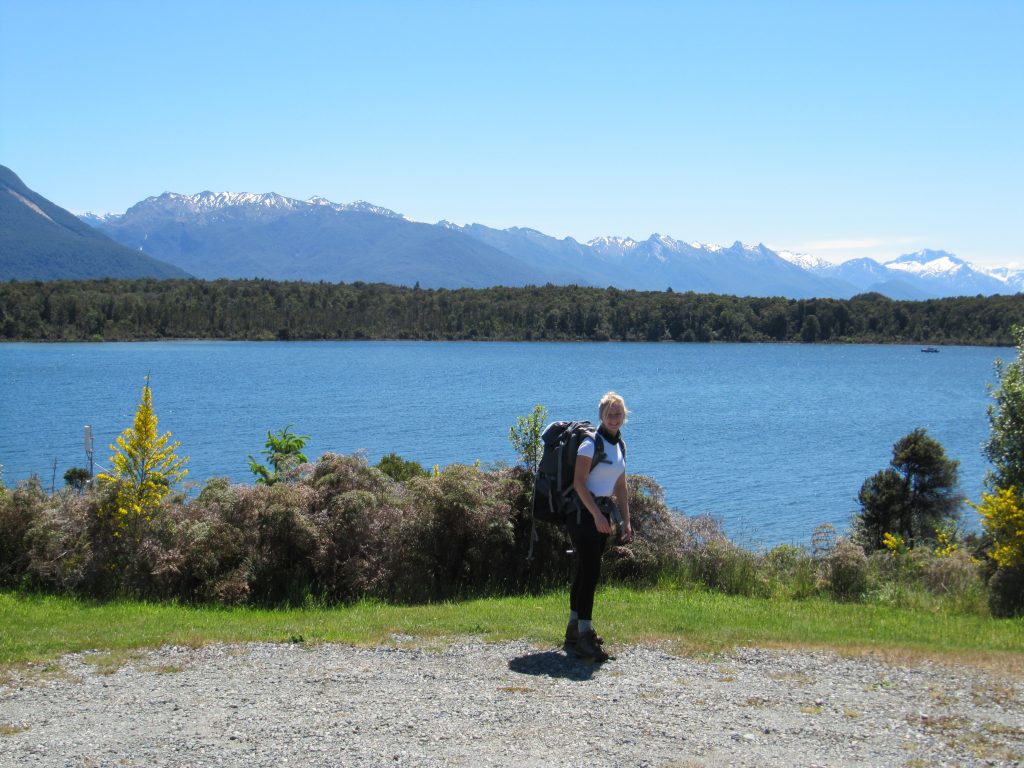
Nicole exploring the spectacular South Island during her time spent here studying for her undergraduate degree.
Plans change
Nicole Wurster (pictured above) had travelled to NZ from her home in Germany as a high school exchange student. She never had any intention of staying beyond that time, but plans do change….
“I felt inspired by everyone applying for university and was immediately drawn to the University of Otago – having been to Dunedin previously on a summer vacation I guess I had already fallen in love with New Zealand’s southern beauty. Back then, I remember strolling around campus and dreaming about studying at Otago. I decided to stay for the duration of my entire undergraduate degree.”
Why Otago?
Like many other international students who choose to study here our worldwide reputation and cutting edge research is attractive. Also, another point that is often mentioned is the welcoming and warm nature of our staff and students, and Dunedin as a whole, Nicole felt immediately at home. But another reason is the flexibility of our programmes – Otago aims to turn out well rounded graduates who have a broader subject knowledge and skill set than their chosen degree may imply:
“Choosing courses at Otago is quite flexible, I could individually select and combine my courses to plan my degree step by step. I absolutely loved this option as it helped me throughout my studies to develop my strengths – the system allowed me to take a couple of non-scientific subjects in order to give me a broader general knowledge.”
How did you find the learning/teaching environment at Otago?
“I loved it and haven’t come across the same dynamics in any other tertiary educational institution I know. Otago’s chemistry department put a great focus on teamwork and offered countless opportunities to develop interpersonal skills. Otago is very modern in both its facilities and its spirit and I developed some core writing skills which I value up to this day. Lecturers were friendly and felt very authentic, which made every trip to university enjoyable – even the early morning lectures! The feeling of not being just one of many, but someone individual with something valuable to offer is something I have frequently missed in European universities.”

Nicole (second from left) and friends with the iconic University of Otago clocktower in the background.
What about the student life/culture?
As we have mentioned before the saying ‘one size does not fit all’ is very applicable. If we are going to be authentic the fact is not every single student that comes to us loves their time here. But one theme that does come through after all our discussions with international students is that keeping an open mind will allow you to enjoy the culture and the range of experiences more. “During my entire time as an international student I have felt fully included by my peers and completely immersed into the Otago culture. I always kept an open mind and am still thrilled about the genuine friendliness of people in Dunedin and their laid back attitude towards life.”

Nicole Bravo Castro today – she credits her time at Otago as a stepping stone to an international mindset and career.
Where are you now?
After completing a Master in Science in Germany and additionally studying for one semester in France, Nicole is now fully employed for the Scottish Company ‘PEAK Scientific’ as territory manager in Northern Germany.
“I love how my job allows me to make use of my chemistry background whilst as the same time giving me the opportunity to speak to a variety of people, using the various languages I speak and benefitting from my international experiences.”
Advice to those thinking of coming here?
“There really is no other place that compares to New Zealand, and Dunedin is particularly gorgeous. If you love natural beauty, sports and everything else the South Island offers, this is your best choice, it is also a very safe place in the world. My years at Otago feel like a key stepping stone in my journey towards having a very strong international mind-set, a curiosity for foreign culture and a high level of tolerance towards others.”
Nicky Richardson is an International Marketing Coordinator at the University of Otago. With degrees in music and marketing, she is a recent graduate of Otago herself – she loves Otago so much she ended up getting a job here!
5 steps to becoming more mentally fit….
What is mental health and fitness? Is it like physical fitness in that you can gain it or lose it? What knowledge and support is there when people need to get help? Or how can people retain their resilience and keep well when life throws its various curveballs? This is an enormous topic, but we are going to keep it simple.
Are mental and physical fitness the same?
Without getting overly complicated or indepth the answer is yes. You can be mentally fit, or un-fit, just as you can be physically fit or un-fit and both can be gained or lost. Depending on a variety of factors, you may be more susceptible to suffering from illness due to mental health than another person. We are all different, and unique and I think it is really important to remember this. Not one size fits all. Understanding your own version of ‘normal’ will help you know when things aren’t feeling right for you. Getting to know ‘you’ is one of the best things that you can do to safeguard and keep yourself mentally and physically well. Let’s go through the five ways to wellbeing as recommended by the Mental Health Foundation of New Zealand.
1. Connect
Feeling connected to others, and feeling valued and appreciated by those around you, whether in a personal or a professional context is a very important part of mental fitness. Human beings are not designed to ‘go it alone.’ In saying that, I’m not suggesting you have to be an extrovert and the life and soul of the party, it just means that we all need connection with others. Strengthening your relationships with your inner circle and your work/study colleagues by talking with them and listening to them are all safe guarding your mental fitness. Healthy connections with people make us feel good about ourselves and where we fit into the world, they also help others understand our own unique perspective on how we view the world and can help support us in times of need.
2. Keep learning
Neale Donald Walsch famously quoted “life begins at the end of your comfort zone.” And although it is lovely to feel safe and comfortable in a daily routine, it also pays to be aware of new opportunities that come across your path. Be open to new experiences. Yes, it may very well be challenging, but that is part of what growing and developing resilience is all about. It is frightening and stressful to try new things and go outside your normal level of comfort, but once you have overcome these initial fears you may completely surprise yourself – this alongside the feeling of self satisfaction will be totally worth it.
3. Take notice
We are all guilty at times of worrying about the future and reminiscing about the past, but trying to ‘live in the moment‘ is another step to mental fitness. Be aware of how you are feeling at any given time, and attempt to understand why. Most importantly remember that all feelings, both good and bad eventually pass. So living in the moment and taking time to appreciate the world around you can also help you keep mentally fit and boost your mental well being.
4. Give
It really is amazing the difference a kind word or gesture can make to your day. Carrying out random acts of kindness, whether small or large are a win, win situation for both the giver and the receiver. The person receiving your kindness feels noticed, valued and appreciated, and as a result you feel positive about yourself! In fact carrying our random acts of kindness can increase happiness, life satisfaction and general well being.
5. Be active
Looking after your mental fitness is helped greatly by looking after your physical fitness. Being physically fit and keeping active is known to improve mood, wellbeing and decrease depression, anxiety and stress. If you are of student at the University of Otago, or the University of Otago Language Centre and Foundation Year programmes you will have unlimited and free access to Unipol Recreation Services.
So whilst this post has been about how to keep, or get mentally fit and improve your wellness, there are times in life where you feel that your version of ‘normal’ is not your usual and that’s when you need to ask for help.
The University of Otago International Office has a specialist team of Student Advisers that are here to help you in a variety of ways, including mental health issues. There is also a designated Student Health Mental Health & Wellbeing Team offering a free service to help guide you. There is also an amazing student led initiative called Silverline Otago that actively promote student mental health and wellbeing in the form of events, groups and resources.
So, look after yourself, both physically and mentally and try the five steps to wellbeing above, see if it makes a difference. You might just surprise yourself……
Nicky Richardson is an International Marketing Coordinator at the University of Otago. With degrees in music and marketing, she is a recent graduate of Otago herself – she loves Otago so much she ended up getting a job here!
5 things you might not know about the University of Otago….
As we rapidly approach 2019 and the University of Otago’s 150th birthday celebrations, it seems like a good opportunity to delve into the archives to find out some not so commonly known pieces of information about the university. I have asked around and here are 5 hidden gems that you might not know about the University of Otago.
Gargoyles or Grotesques?
Perched high above the Archway (which was once the formal entrance to the University) are a series of grotesques, each representing the various branches of learning available at the university at the time. They have been named gargoyles but the distinction lies between the fact that a gargoyle functions as a water spout to divert rain from the buildings, whereas a grotesque is purely decorative and involves either fanciful animal and human forms often distorted to be ugly and absurd.
Rumour has it that the grotesques were modelled on academic staff of the time……but that has never been confirmed. The man responsible for these unique little design elements was Edmund Anscombe (1874-1948), the university’s architect from around 1909 to 1929. While Fletcher Brothers won the tender to construct the Archway with a price of £10,292, the stonemason who carved the grotesques is unknown.
Otago’s oldest building
When you look at our gorgeous campus it is easy to assume that the oldest buildings are the old stone buildings in the centre of campus, but as the university expanded over time it began to acquire neighbouring properties which ranged from tiny cottages to larger homes.
Some were demolished, but some still survive, including what is widely deemed to hold the title of ‘oldest building on campus.’ Mellor House, one of the old Union Street houses which is now home to the Department of Psychology was originally built in 1862 for Thomas Calcutt, a printer who migrated from England to Otago in 1858.
Cry me a river……of tears
These beautiful black gates were originally the main entrance to the campus, as the entire campus was once contained within the ‘Quad’ which you can see immediately beyond the archway.
This stone corridor houses display boxes on the left which now contain information about events around the university, but their original purpose was for the public display of exam results. Hundreds would gather to view their results and many a tear was shed when the marks were not positive, hence the archway being coined ‘The Corridor of Tears’ or the ‘Tunnel of Tears.’
The archway links the Allen Hall building (completed 1914, it was originally the Students’ Union) to the former School of Mines building (completed 1909, which is currently home to the International Office and where I am writing this blog). The entire group of buildings was designed by Edmund Anscombe the architect for the majority of the University buildings from 1909 to 1927.
The original site of the Dunedin Botanic Gardens
The Water of Leith which runs through the university campus is not always this tranquil, and this was certainly the case when in February 1868 floods washed away bridges, and about an acre of gardens – at this point in history this site was home to the Dunedin Botanic Garden. This saw the Botanic Garden moved further north to their current site, and the university was able to purchase the land and develop it in the 1870’s. Some of the trees in front of the clocktower are indeed older than the buildings themselves as they are a reminder of the original inhabitants of this site.
Students have always pushed the boundaries
Each generation that passes seems to muse on the fact that the younger generations are less respectful, more verbal and opinionated and more willing to push the boundaries, but it appears that students, or indeed the younger generation have always held this inclination.
The image above was taken from the desktops of the oldest lecture theatres on campus – in both Geology and the clocktower. As you can see from the dates, some of this is very old indeed, with J.H. (John Harpur) Moir making his mark in 1886-1887. Mr Harpur graduated with a B.A in 1890 and became headmaster of Dunedin’s Normal School.
The full installation, complete with plaque now features on the south wall of the council chambers in the clocktower building, and it really is a remarkable and historical sight to see, some of the graffiti is embedded so deeply into the wood, it must have taken hours!
Nicky Richardson is an International Marketing Coordinator at the University of Otago. With degrees in music and marketing, she is a recent graduate of Otago herself – she loves Otago so much she ended up getting a job here!
Fit in, or stand out? A Muslim perspective on life at Otago University
How do students that choose to live their lives in the Muslim faith feel when they come to the University of Otago? Do they stand out from the crowd? Are their beliefs and practices respected and catered for? Well, that is a question I cannot answer as I am not a Muslim. But I have met Muslim students working here and I have an increasing interest in the way that they choose to lead their lives. Today we launch our international video taken from the perspective of a Muslim student studying at Otago – so, what is it like?
My day is just like yours
These quotes were taken from anonymous Muslim writers in an article titled ‘What is it like to be a Muslim Student at Otago University’ and published by Critic in August 2016:
“As a Muslim student at Otago, my day is just like yours. This is because not all Muslims come in the same packaging. There are over a billion of us worldwide and each is an individual. Islam is the religion I was born into and have grown up with. For me, it is not something I consciously think about but the values that come with being Muslim are now so deeply ingrained within my identity that they are second nature. It is something I carry with me in my interaction with other students, with the University itself and the general public.”
Diverse staff and students
I think that the point made that “not all Muslims come in the same packaging” is something we non-Muslims need to remember. Don’t judge a book by its cover, and especially don’t judge a way of life that you have no understanding of. Reading through the articles written and the conversations had, it is clear that Muslim students predominantly feel welcomed and accepted.
“If anything, I’m overwhelmed with how accepting and open-minded all of the staff and students are here. One of the first things that I noticed when I moved here was how diverse the student body appeared to be and how nobody seemed to care about what anyone else was doing. This is one of my favourite things about this place.”
No barriers to practising beliefs
The University has two prayer rooms with one space exclusively for the Islamic community; it faces Mecca and is split into two rooms by a curtain. This is to adhere to Islamic rules on prayer with the opposite gender. Halal Food is readily available in local supermarkets and there are Halal restaurants in Dunedin. And if you’re wondering about connecting with other Muslim students when you come to Otago there is a range of established groups like the OMSA (Otago Malaysian Students’ Association), the Otago Muslim Association, and the MUSA (University of Otago Muslim University Students’ Association).
Studying at Otago – a Muslim Perspective
As for the question ‘fit in, or stand out?’ I think you’ll find that at Otago the choice is yours…..Muslim, or not.
But once again, as eluded to in the beginning of this blog post, I am not a Muslim, so therefore I cannot tell you what life as a Muslim at Otago is like.
But this lovely, smart and inspiring young woman – Arina Aizal can, and she does so, so beautifully in our latest video……….take it away Arina……..
Nicky Richardson is an International Marketing Coordinator at the University of Otago. With degrees in music and marketing, she is a recent graduate of Otago herself – she loves Otago so much she ended up getting a job here!
NZ teachers lead the world – Otago teachers lead NZ!
New Zealand was ranked number one in the world for educating students for the future, according to a report by the Economist Intelligence Unit (EIU) released late last year.
Here at Otago for the sixth time in seven years, we have the top tertiary teacher in New Zealand! I’m sure we have all had teachers that we look back on and groan….but then there are those that inspired us, encouraged us and helped us become the best we could be….and we just happen to have that teacher (amongst many others passionate about their craft) here at Otago.
So who is this stand out teacher? And what are her thoughts on Otago? Faumuina Associate Professor Fa’afetai Sopoaga took time out from her busy schedule to have a chat to us about her journey……
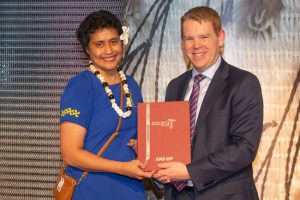
Faumuina Associate Professor Fa’afetai Sopoaga receives New Zealand’s top tertiary teaching award from the Minister of Education, Hon Chris Hipkins, at a ceremony at Parliament. Photos: Ako Aotearoa.
From a little girl growing up in a small island in Samoa, to winning the Prime Minister’s Supreme Award at the National Tertiary Teaching Excellence Awards, Faumuina has certainly come a long way.
“I came to New Zealand in the 1980’s – fresh off the boat – to train in Medicine at the University of Otago.”
Faumuina also received an Endorsement for Excellence in Supporting Pacific Learners, a reflection of her ongoing commitment to pastoral care and curriculum development of Pacific students. She is “delighted” that Pacific Health is being recognised as important in the training of future health professionals.
 “As an international student, coming from a small island in the Pacific (Samoa), the University could have been overwhelming. I thrived in the environment, met wonderful friends from many areas in the world including Asia, Europe, Africa, the Americas and of course Kiwis.”
“As an international student, coming from a small island in the Pacific (Samoa), the University could have been overwhelming. I thrived in the environment, met wonderful friends from many areas in the world including Asia, Europe, Africa, the Americas and of course Kiwis.”
Faumuina’s experience studying at Otago saw her face some major personal challenges, but ” through the excellent and supportive environment, I graduated despite developing a chronic illness (Lupus) while in training.”
Faumuina chooses to call Dunedin and NZ home now – “Dunedin is truly an international university city, its people are proud of this, and embrace all students from different ethnic backgrounds.”
But it is her experience studying and now teaching at the University that Faumuina and her husband (a first generation Canadian with Italian parents), choose to stay here…
“The University of Otago’s motto is ‘Dare to be Wise’ – students are offered every opportunity to excel here.”
Discover more about how Otago and New Zealand teachers could change your future.
Nicky Richardson is an International Marketing Coordinator at the University of Otago. With degrees in music and marketing, she is a recent graduate of Otago herself – she loves Otago so much she ended up getting a job here!

